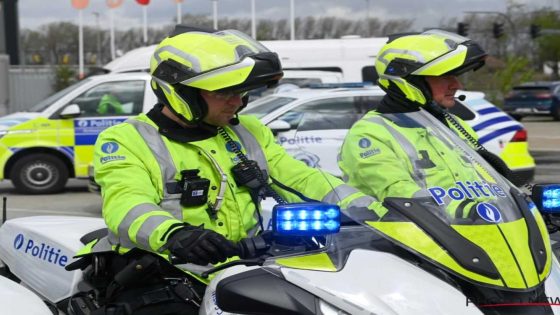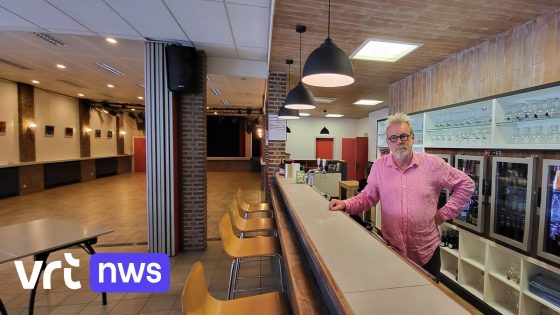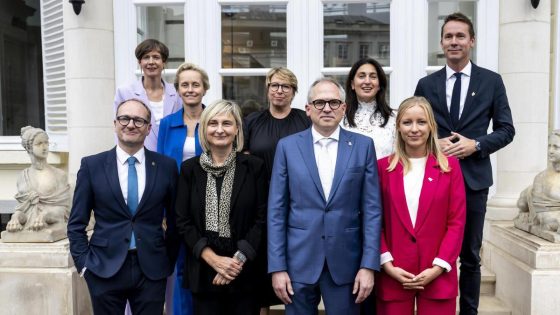The MR party is making waves in Belgian politics as of 2025-06-06 20:27:00, with its chairman Bouchez emphasizing the power of strong ideas over flashy campaigns. The MR’s Centre Jean Gol has been renamed and expanded to include five Dutch-speaking researchers, signaling a strategic move to engage more deeply with Flemish debates on issues like nitrogen regulations, education, and identity.
- MR versterkt studiedienst met Nederlandstalige onderzoekers
- MR overweegt eigen lijsten in Vlaanderen
- Bouchez bekritiseert Open VLD’s liberale koers
- MR twijfelt over samenwerking met Open VLD
- MR en N-VA delen sociaal-economische visie
- Bouchez behoudt controle ondanks N-VA partnerschap
Bouchez hints at a potential MR presence with its own lists in Flanders for upcoming elections, though he stresses that any decision will be carefully prepared well in advance. This development comes amid growing dissatisfaction with the sister party Open VLD, which Bouchez criticizes for lacking a clear liberal direction and for recent political conflicts in Brussels.
With the N-VA’s differing community agenda and uncertain future positioning, the MR faces questions about its alliances and identity. How will this reshaping affect liberal politics in Belgium? And can the MR successfully bridge the language divide while strengthening its influence?
This strategic repositioning raises important questions about the MR’s role and ambitions in Belgium’s complex political landscape. Will MR’s bilingual approach resonate with Flemish voters? Can it fill the liberal void left by Open VLD’s decline? Key considerations include:
- MR’s investment in a bilingual research center to influence Flemish debates
- Potential MR electoral lists in Flanders, pending thorough preparation
- Disappointment over Open VLD’s political stance and recent conflicts
- Uncertainty about cooperation with N-VA due to differing community policies
Looking ahead, the MR’s decisions will be crucial for the future of liberalism in Belgium. Will they succeed in uniting diverse communities under a shared platform? Belgian voters and political observers alike should watch closely as these developments unfold.

































